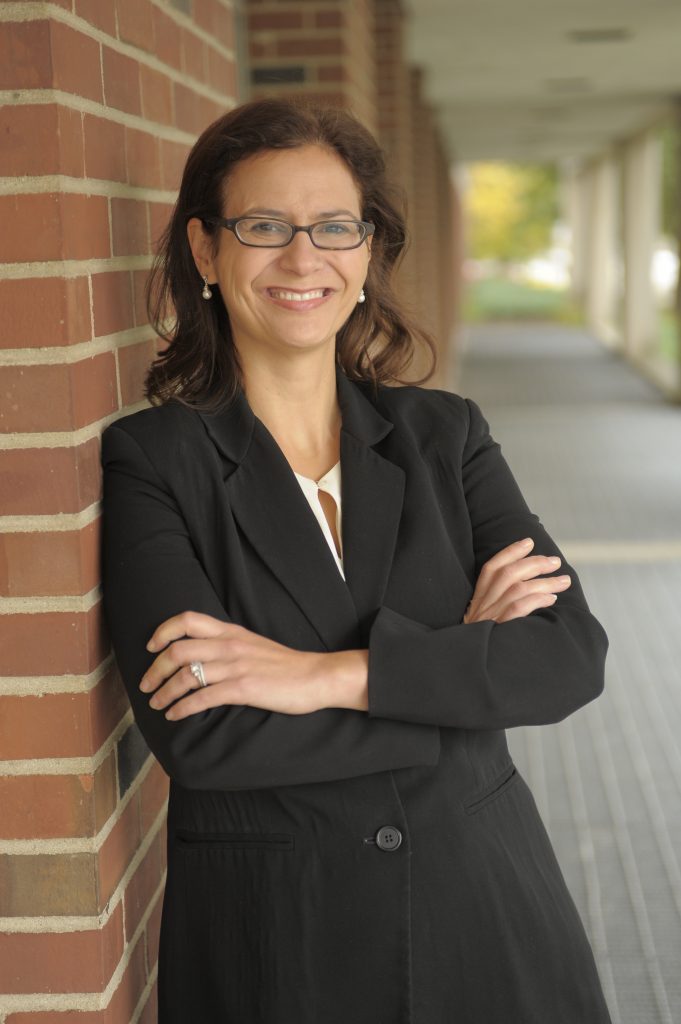It’s Copyright Week! For today’s theme of “transparency”, Copyright Librarian Sara Benson discusses her thoughts on the Copyright Office activities to review Section 108.
In 2005, the Copyright Office, under the guidance of the Register of Copyrights at the time, Mary Beth Peters, called for a Study Group to convene and review possible amendments to Section 108. A follow up meeting was held in 2012. These meetings were not unusual, but what followed them, was both strange and unsettling.
The procedures after the Study Group, which took place in the summer of 2016 under the guidance of Maria Pallante, were unusual in that they took place in face-to-face meetings between concerned citizens and members of the Copyright Office rather than in a call for online communications between citizens and the Office. On the one hand, this gave the members of the Office a chance to engage in a dialogue with the concerned citizens. On the other, it meant that generally only those with the resources to travel to Washington, D.C. were privileged with the ability to engage with the members of the Office. However, the Office did note that it would engage in telephone conversations, if necessary. In any event, none of these conversations were ever made public.
At that time, it seemed that the Copyright Office was making an intentional move away from a public debate about copyright to a cloistered room with a privileged few. In my view, that move was undemocratic and should be discouraged in the future. Indeed, although the Copyright Office did publish a list of individuals and organizations it met with to discuss Section 108, but the actual subject and content of those discussions remains a mystery.
Notably, shortly after taking office as the new Librarian of Congress, Dr. Carla Hayden removed Maria Pallante from her position as Register of Copyrights. Does this signal a move away from the process that was undertaken to review Section 108? Likely it does, as Librarian of Congress Dr. Hayden has recently taken further steps towards listening to the views of the multitude by openly polling the public about what we would like to see in the next Register of Copyrights.
This is an exciting time to engage with the Copyright Office under Dr. Hayden’s leadership. I encourage everyone reading this essay to add your voice to the ongoing discussions about the changes to the Office, including the selection of the new Register of Copyrights and beyond.


